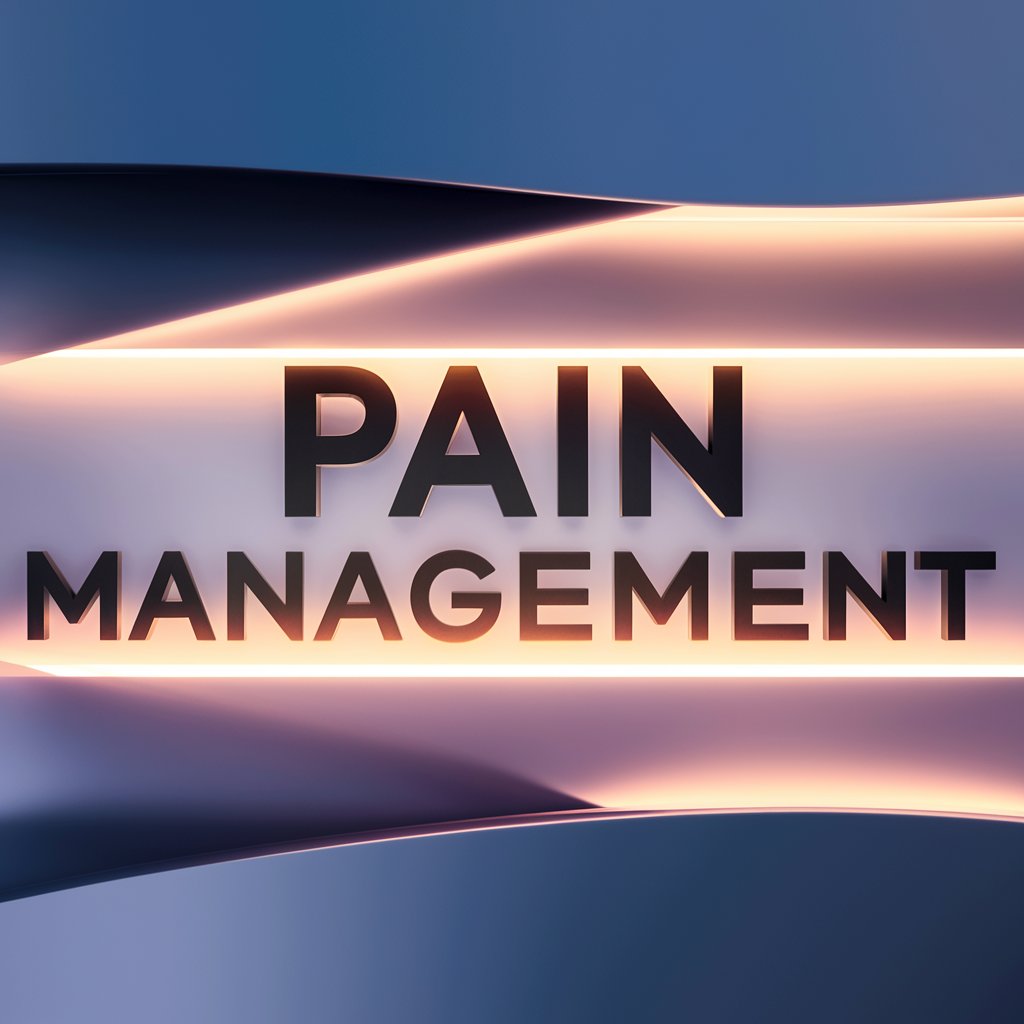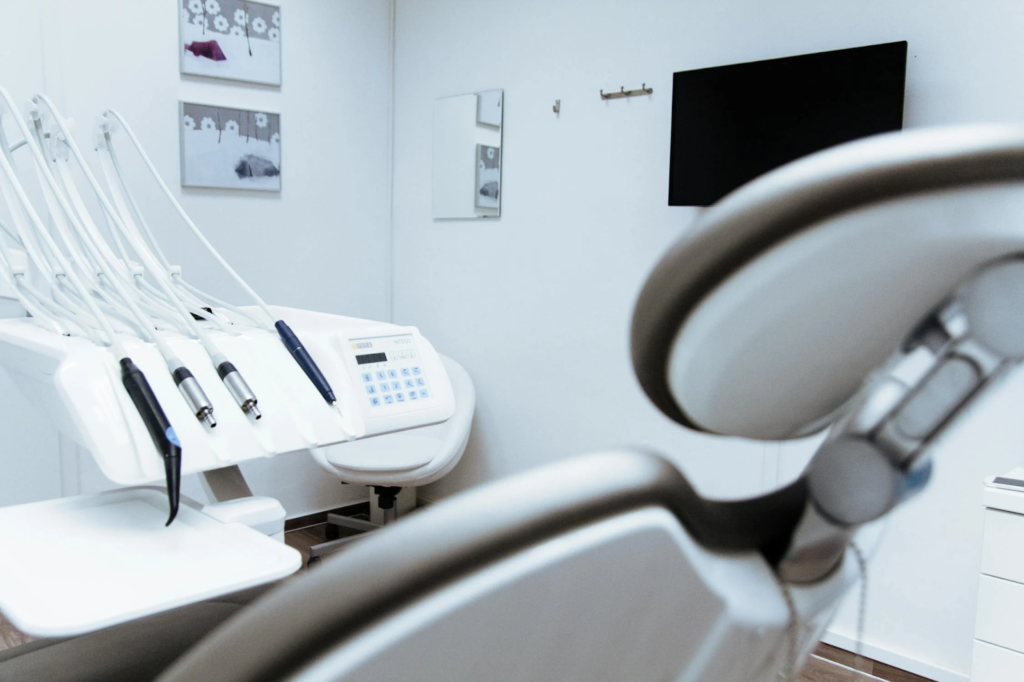As we age, our bodies become more susceptible to various health issues and chronic conditions. One of the most common concerns for seniors is pain management. Whether it’s due to arthritis, osteoporosis, or other age-related ailments, pain can greatly impact the quality of life for older adults.
But with proper education and treatment, pain management in the golden years can be effectively managed. In this guide, we will discuss some important things that you should know about pain management as you age.
Understanding Pain Management
Pain is a complex physical sensation that can occur in different parts of the body and at varying degrees of intensity. It can be acute or chronic, and it affects individuals differently. Pain management is a multifaceted approach that involves utilizing different strategies and techniques to alleviate pain and improve overall quality of life.
Some common methods of pain management include medication, physical therapy, relaxation techniques, and alternative therapies such as acupuncture or massage. Depending on the type and severity of the pain, a combination of these approaches may be used for optimal results.
Effects of Aging on Pain Perception
As we age, our bodies go through natural changes that can affect how we perceive and manage pain. These changes include decreased sensitivity to touch, reduced muscle mass and strength, and slower nerve conduction. These age-related changes can make it more challenging to manage pain effectively.
In addition, seniors may also have other health issues that can complicate pain management, such as arthritis or chronic illnesses. It’s crucial for older adults to understand these changes and their potential impacts on pain management.
Importance of Proper Pain Management in Seniors
Effective pain management is essential for maintaining a good quality of life in older adults. Uncontrolled or poorly managed pain can lead to decreased mobility, increased risk of falls and injuries, sleep disturbances, and even depression or anxiety.
Furthermore, chronic pain can also have a significant impact on mental health and overall well-being. Therefore, it’s crucial for seniors to receive proper pain management to maintain their physical and emotional health.
Tips for Managing Pain in the Golden Years
Now that we understand the significance of proper pain management, here are some tips to help seniors effectively manage their pain as they age:
1. Stay Active
Regular physical activity can help reduce pain and improve overall function in older adults. Low-impact exercises like walking, swimming, or tai chi can be beneficial for those with chronic pain.
2. Practice Good Posture
Maintaining good posture while sitting and standing can help alleviate pressure on joints and muscles, reducing pain. Seniors should also ensure that their furniture is ergonomically designed to support their bodies properly.
3. Use Heat or Cold Therapy
Hot or cold therapy can provide temporary relief from pain by increasing blood flow and reducing inflammation in affected areas. It’s essential to consult with a doctor or physical therapist to determine which therapy is best for your specific condition.
4. Try Relaxation Techniques
Stress and tension can worsen pain, so it’s crucial for seniors to learn relaxation techniques such as deep breathing, meditation, or listening to calming music. These activities can help reduce stress levels and promote a sense of calmness.
5. Consider Alternative Therapies
Alternative therapies like acupuncture, massage, or chiropractic care have shown promising results in managing pain in older adults. Exploring shockwave therapy near me clinics can also help in providing a personalized pain management treatment plan tailored for elder people. There are also pain management services in Tulsa, OK, and other cities that offer a variety of alternative therapies specifically designed for seniors.
Seeking Help from Healthcare Professionals
It’s essential for seniors to communicate openly and honestly with their healthcare providers about their pain management needs. This includes discussing any concerns or side effects from medications, as well as exploring alternative treatment options.
Proper communication with healthcare professionals can help ensure that seniors receive the best possible care and support for managing their pain in their golden years.
Conclusion
Pain management is a crucial aspect of maintaining a good quality of life as we age. By understanding the various methods and strategies available, staying physically active, and seeking help from healthcare professionals, pain relief remedies, seniors can effectively manage their pain and improve their overall well-being. Remember to prioritize your health and well-being, and don’t hesitate to seek help when needed. With proper support and management, pain does not have to hinder your golden years.
So, continue living your best life and enjoying all that retirement has to offer! Your golden years can be some of the most fulfilling times of your life.






